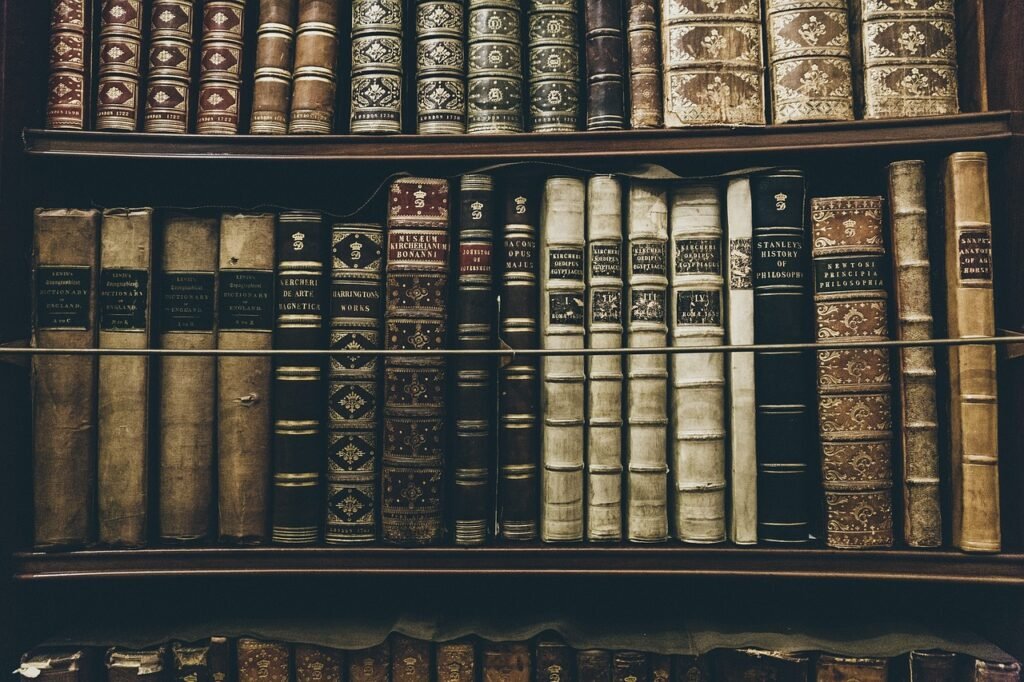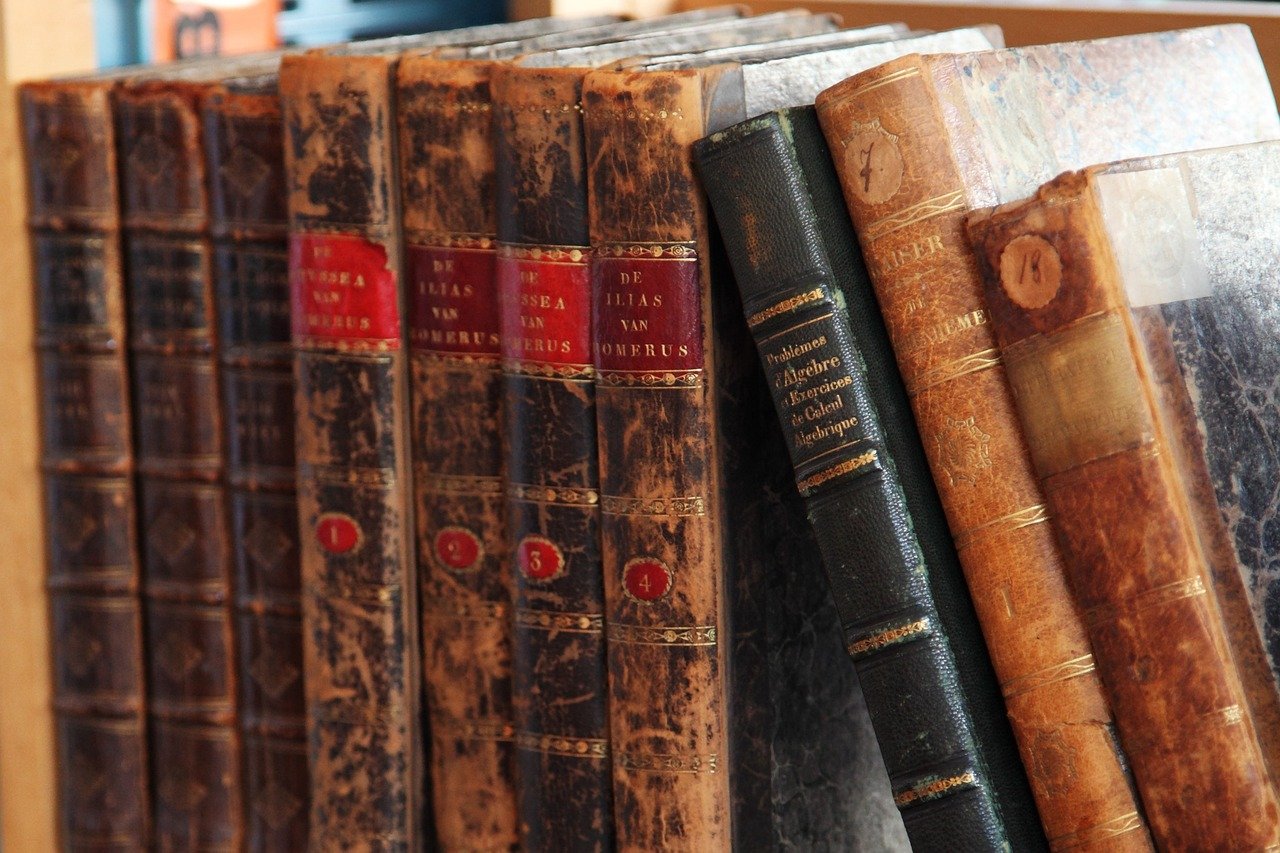History is a living fabric that connects the stories of human civilization; it is more than just a list of names, dates, and events. Examining the chronicles of the past gives us priceless insights into the pillars of our current situation. The components of our future. This essay will examine the many facets of history’s significance. The reasons studying it is essential to having a thorough grasp of the modern world.
1) Cultural Heritage of History

Knowing our past is essential to knowing who we are and what our cultural heritage is. Every culture, neighborhood, and person have a distinct past that influences their beliefs, customs, and worldview. We develop a greater understanding of the diversity that enhances the fabric of the world when we investigate our roots.
2) Knowledge from Errors
The adage, “Those who cannot remember the past are condemned to repeat it,” is incredibly accurate. History is a storehouse of successes and setback. Allowing us to grow from the mistakes made by those who came before us. We can spot trends, spot warning indications. Make wise judgments to prevent making the same mistakes twice by looking back at previous events.
3) Recognizing History Changes in Society
Political, economic, social, and technological developments continuously reshape societies. We can examine the causes and consequences of these changes via the prism of history. We may better navigate the intricacies of the present and foresee the problems of the future by learning how cultures have responded to or resisted change in the past.
4) Developing Cognitive Ability In History
Critical thinking abilities must be developed in order to analyze historical events. History students get the ability to assess the facts, take into account many viewpoints, and formulate logical conclusions. These abilities are applicable to many facets of life and help to develop an analytical thinking ability that is highly valuable in the complicated and linked world of today.
5) Sources of inspiration role models
We learn about people in history who have triumphed against hardship, shown bravery, and attained greatness. These historical personalities operate as role models and sources of inspiration, demonstrating to us the possibility of change and the significant impact that one person can have on the world. Their experiences inspire us to work for constructive change and have a positive impact on society.
6) Cultural Recollections
The stories, triumphs, and hardships of previous generations are preserved by history, which serves as a guardian of cultural memory. We run the risk of losing contact with our cultural origins and the knowledge accumulated over many generations if we don’t comprehend history. We guarantee that upcoming generations will have a strong base upon which to construct their own tales by conserving cultural memory.
In summary
In summary, history is a dynamic, breathing subject that affects every part of our lives; it is not a stagnant subject kept in the pages of textbooks. Learning from the past, comprehending societal change, refining critical thinking abilities, finding inspiration in role models, and maintaining our cultural memory all depend on studying history. By accepting the past, we give ourselves the insight and understanding required to negotiate the complexity of the present and create a better future.

